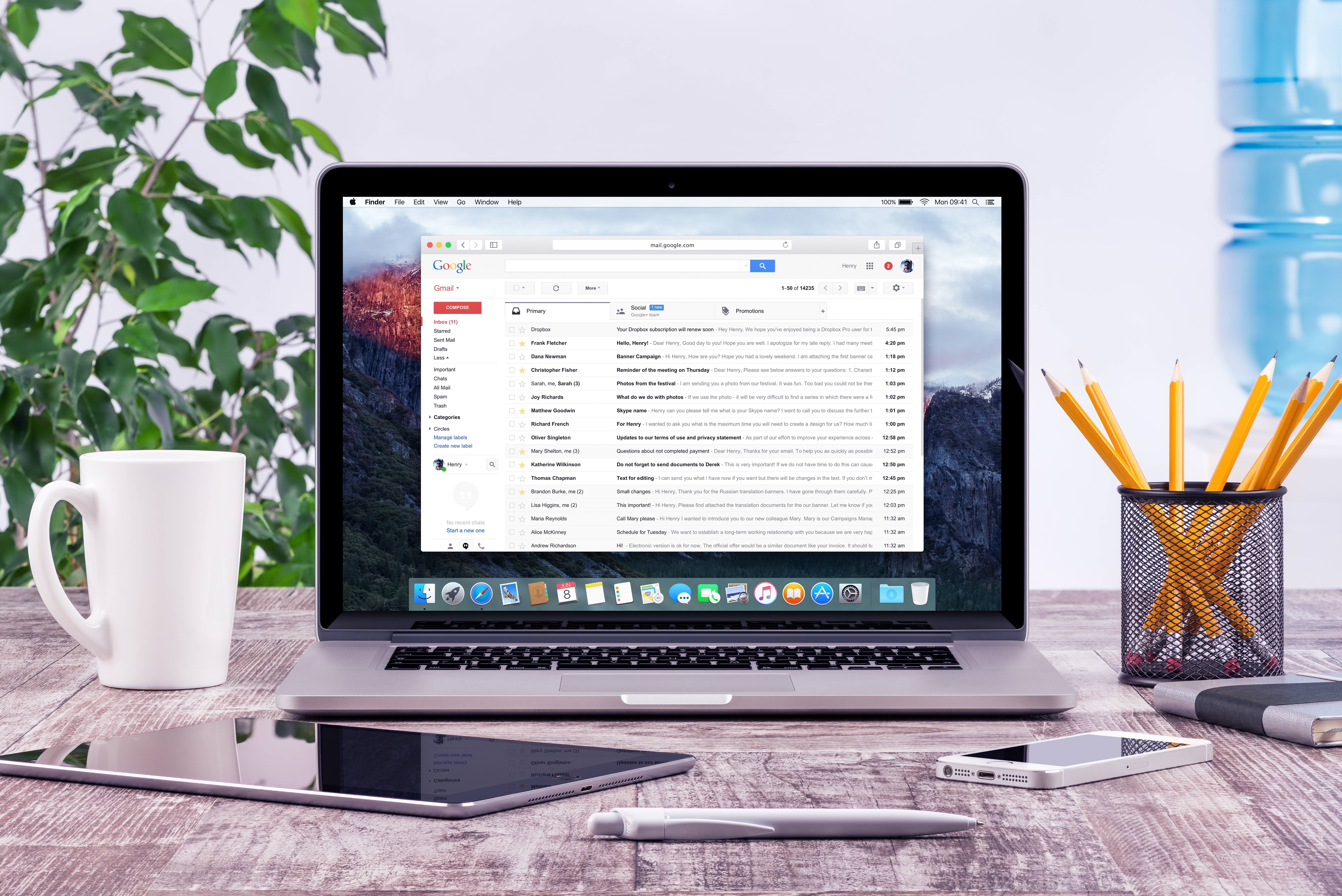What Are Phishing Emails?
Cyber Security | April 13, 2023

Phishing emails are cyberattacks designed to trick people into providing sensitive information such as login credentials, credit card numbers, and other personal data. These attacks are usually carried out by sending fraudulent emails that appear to be from a legitimate source, such as your bank or an online retailer. As a leading provider of cybersecurity services, the team at Next Hop Solutions knows everything about phishing emails. That is why we have provided some information to help you understand what phishing emails are, why they are dangerous, and how to defend against them.
Learn more about how to spot a suspicious email.
4 Tips to Protect Yourself From Phishing Emails
To enhance email security and minimize the chances of a cyberattack occurring, here are four tips to protect yourself from phishing emails:
1. Be Wary of Any Unsolicited Emails
Always be wary of any unsolicited emails you receive, especially those that ask for personal information. Double-check the sender’s email address and verify it against the known email addresses of the company or organization they claim to represent. If in doubt, contact the company directly through their official website or customer service phone number. Make sure to never give out your login credentials or passwords in response to an email request.
2. Be Aware of the Signs of a Potential Attack
It is essential to be aware of the signs of a potential attack. Look for spelling and grammar errors in the email’s content, suspicious links or attachments, generic greetings like “Dear customer” instead of your name, and requests for personal information. If you receive an email that seems suspicious, never click on any links or download any attachments.
3. Use Strong Passwords
It is essential to use strong passwords and change them regularly. This means creating passwords of at least 12 characters with upper and lowercase letters, special symbols, and numbers. Avoid using commonly used words such as “password” or “1234,” as hackers can crack them quickly.
3. Use Cybersecurity Software
It is crucial to use cybersecurity software to detect and block suspicious messages before they reach your inbox. Many email providers and internet browsers offer built-in protections against phishing attacks, but investing in additional software for added security is always a good idea.
To learn more about how our cloud services can help protect your business from phishing attacks and other cybersecurity threats. You can reach our team through our online contact form or by calling on 1-855-482-5141.

Phishing emails are cyberattacks designed to trick people into providing sensitive information such as login credentials, credit card numbers, and other personal data. These attacks are usually carried out by sending fraudulent emails that appear to be from a legitimate source, such as your bank or an online retailer. As a leading provider of cybersecurity services, the team at Next Hop Solutions knows everything about phishing emails. That is why we have provided some information to help you understand what phishing emails are, why they are dangerous, and how to defend against them.
Learn more about how to spot a suspicious email.
4 Tips to Protect Yourself From Phishing Emails
To enhance email security and minimize the chances of a cyberattack occurring, here are four tips to protect yourself from phishing emails:
1. Be Wary of Any Unsolicited Emails
Always be wary of any unsolicited emails you receive, especially those that ask for personal information. Double-check the sender’s email address and verify it against the known email addresses of the company or organization they claim to represent. If in doubt, contact the company directly through their official website or customer service phone number. Make sure to never give out your login credentials or passwords in response to an email request.
2. Be Aware of the Signs of a Potential Attack
It is essential to be aware of the signs of a potential attack. Look for spelling and grammar errors in the email’s content, suspicious links or attachments, generic greetings like “Dear customer” instead of your name, and requests for personal information. If you receive an email that seems suspicious, never click on any links or download any attachments.
3. Use Strong Passwords
It is essential to use strong passwords and change them regularly. This means creating passwords of at least 12 characters with upper and lowercase letters, special symbols, and numbers. Avoid using commonly used words such as “password” or “1234,” as hackers can crack them quickly.
3. Use Cybersecurity Software
It is crucial to use cybersecurity software to detect and block suspicious messages before they reach your inbox. Many email providers and internet browsers offer built-in protections against phishing attacks, but investing in additional software for added security is always a good idea.
To learn more about how our cloud services can help protect your business from phishing attacks and other cybersecurity threats. You can reach our team through our online contact form or by calling on 1-855-482-5141.





